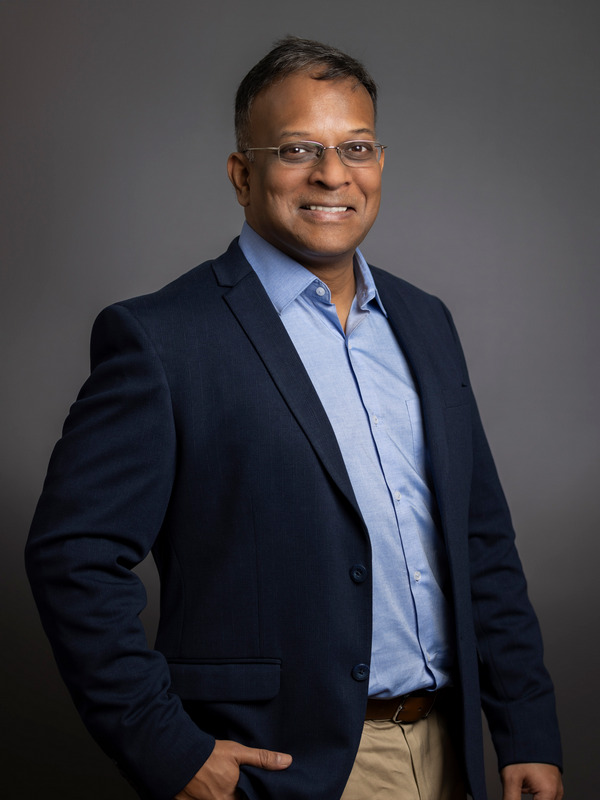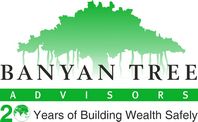Shyam Prabhu

Shyam Prabhu joined Banyan Tree Advisors in 2007. As Director, he focuses on Portfolio Management, Compliance and Corporate Finance at the firm.
Shyam has a B.E in Instrumentation Engineering from VESIT, University of Mumbai, and an MMS from Sydenham Institute of Management Studies, University of Mumbai. He has also completed the requirements of a Chartered Financial Analyst from the CFA Institute, USA.
Growing up, I was always aware of the stock market because my father was an avid investor. I remember reading annual reports that came home, though I skipped the most crucial parts because I didn’t really understand the importance of notes to accounts.
When I began my undergraduate studies in engineering, a career in finance didn’t seem like a sensible option because the Indian economy had not liberalized and opportunities in investment management barely existed. Later, during my MMS degree, I chose to specialize in finance, even though there were no specific courses on investment at that time.
Before joining Banyan Tree Advisors, I spent 10 years working at MAAM Equity Research as an analyst. During this time, I met three of my future business partners at Banyan Tree: Sandeep, Ravi and Jigar. My work at MAAM exposed me to a wide range of businesses and different accounting standards across the globe. The professional relationships I built during those years have lasted till today.
In 2007, I left MAAM to join Banyan Tree because I felt that it was time to start something of my own. It helped that by then I had already achieved a degree of financial freedom. Also, importantly, I would be working with friends who I respected and trusted.
The initial years at Banyan Tree were challenging. Every expense mattered, and meeting SEBI net worth requirements was a constant concern. As promoters, we had to moderate our salaries to ensure the company’s survival. What helped was that our own personal portfolios were performing well, so there was never any overbearing pressure to compromise the long term interest of the clients, or the business, for short term commercial requirements.
By 2012, the growth in the AUM and performance insured that the firm was well capitalised. Since then, we have been fortunate to grow at a very satisfying pace. We’ve never been a sales-driven organization; we have never even pushed our existing clients to add more money. What was important was a simple principle: just do the best job you can. This approach has worked well for us.
Reflecting on Banyan Tree’s journey over these years, what stands out most to me is the relationships we’ve built with our clients. Being a part of their life trajectories and helping them achieve financial freedom has been incredibly rewarding. Our clients trust us to provide them with the same financial freedom we’ve achieved for ourselves. This responsibility is something I take very seriously. We have helped many people live their lives the way they want, free from financial constraints.
I would like Banyan Tree to become an institution that our clients trust. I want our employees to look forward to coming to work, knowing they are essential to serving our clients. Creating an environment where both clients and employees feel valued and supported is my sincerest hope for the firm.
If I were to give any advice to our readers, it would be this: buy a good business at a discount to its worth and be patient, as over time, the gap between price and value will be eliminated. Understanding the power of compounding return is crucial— remember, the ‘n‘ in the compound interest formula, which stands for time, is far more important than the ‘r‘, the rate of return. The only sure way to build wealth is to make sensible investments and allow them to grow steadily over time.
My personal belief system is simple: do no evil. What I mean by this is that even if a person does no good, it is far more important not to do something that has negative repercussions on themselves or the people around them. This same philosophy extends to investments. As Warren Buffett once said, “The first rule of an investment is don’t lose money. And the second rule of an investment is don’t forget the first rule.”
Outside of work, I enjoy spending time with my family. I am also an avid reader, often exploring various topics online. My curiosity and love for inquiry keep me engaged and constantly learning.
